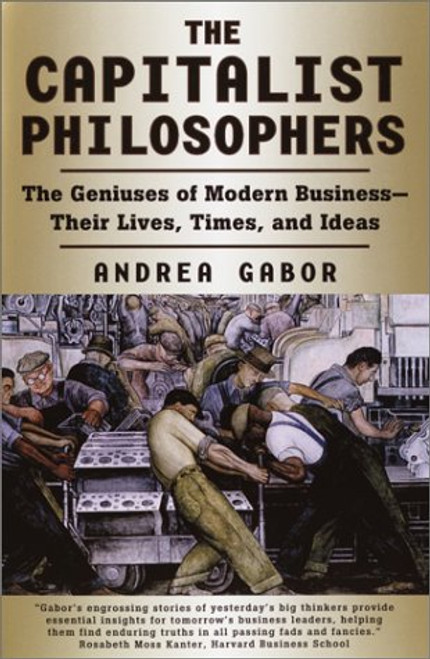Wittgenstein wrote this book during 1932-1934, the period just before he began to dictate the Blue Book. In Part I he discusses the notions of "proposition," "sense," "language," "grammar"; what "saying something" is, what distinguishes signs form random marks or noises. Must we start with "primary" signs which need no explanation? In what sense have we a general concept of proposition or of language? The phrases "family of cases" and "family similarities," which the Investigations use, are here; and comparison brings out what is special in the later development. But although it is close to the Investigations at some points, and to the Philosophische Bemerkungen at others, the Philosophical Grammar is an independent work and discusses much that is not in either of them. It is Wittgenstein's fullest treatment of logic and mathematics in their connection with his later understanding of "proposition," "sign," and "system." In Part II he writes on logical inference and generality--criticizing views of Frege and Russell and earlier views of his own, developing his conception of "law of a series" and of "...and so on"--leading to his discussion of mathematics, which fills two fifths of the volume: the ideas of "foundations of mathematics," of cardinal numbers, of mathematical proof, and especially of inductive or recursive proofs (with reference to Skolem), which he treats to a depth and extent beyond anything he said of them elsewhere.
Editorial Review(s)
"There is much in this book that is both important and more clearly stated than elseqhere in his 'later philosophy.'" --Georgia Review
About the Author
Ludwig Wittgenstein (1889-1951) was born in Austria and studied at Cambridge under Bertrand Russell. He volunteered to serve in the Austrian army at the outbreak of World War I, and in 1918 was captured and sent to a prison camp in Italy, where he finished his masterpiece, Tractatus Logico-Philosophicus, one of the most important philosophical works of all time. After the war Wittgenstein eventually returned to Cambridge to teach.







